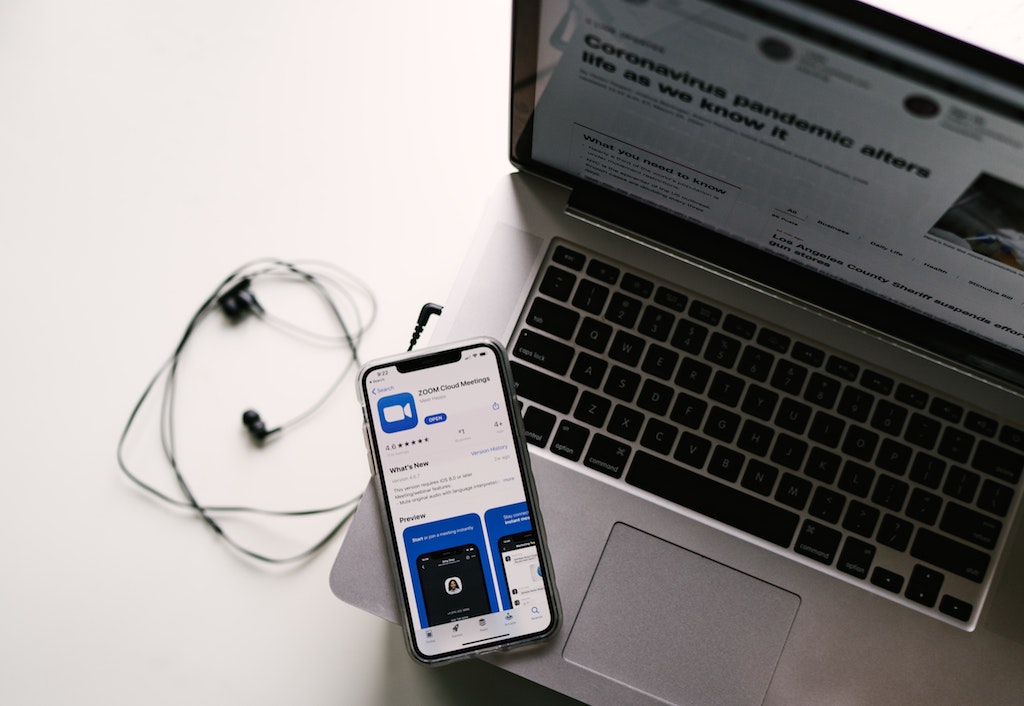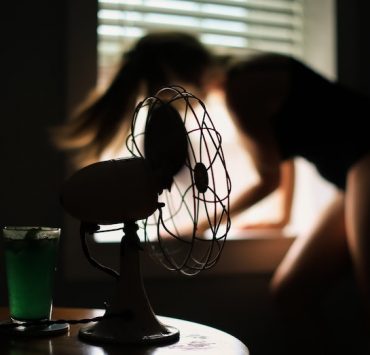Though the enhanced community quarantine is meant to protect us from the virus, it doesn’t take into account other evils that lurk within abusive households and predatory online communities. Children, although less susceptible to COVID-19, are susceptible to abuse from housemates or strangers online.
In the Philippines, it was found by the National Baseline Study on Violence against Children survey by the Council for the Welfare of Children (CWC) and the United Nations Children’s Fund (UNICEF) that eight in 10ten children experience a form of abuse. The report, which surveyed 3,866 study respondents, aged 13 to 24, said that 66.3 percent of the children undergo physical abuse, white 62.8 percent experience psychological violence.
Although statistics concerning child abuse amid the pandemic haven’t been released yet, according to the Commission on Human Rights (CHR), the risk of child abuse is higher as leaving the house with no official business is prohibited.
In an interview with NPR, John Tanagho, field office director for the International Justice Mission in the Philippines reported that cases of online child sexual exploitation has increased amid the pandemic.

Sex offenders are taking advantage of the fact that more children are turning to the internet for entertainment during the quarantine. For example, offenders can now easily reverse engineer an “invisible” filter on TikTok that covers up the subject’s body. Those who have posted their take on the dance challenge (dance, raise your hands to activate the filter and undress once the filter is on ) inspired by the filter are at risk of having their bodies exposed. There has also been news about the low privacy security of the video conferencing application Zoom, which allows hackers to enter video chat rooms without consent and possibly show pornographic material unsafe for children.
[READ: Cyber criminals are taking advantage of Zoom’s security. Here’s what you can do]
Various childrens’ advocates around the world have since raised their concerns. In Cambodia, Rosario Hernández, development officer of the Cambodian nongovernmental organization Action Pour Les Enfants saw the rise in online child sex abuse incidents and states that sexual predators can be at home, too. In the country, Atty. Jacqueline Ann de Guia from the CHR said in a statement that the community quarantine poses a threat for women and children who are in abusive families and calls on the government to address this growing issue.
https://www.facebook.com/notes/commission-on-human-rights-of-the-philippines/statement-of-chr-spokesperson-atty-jacqueline-ann-de-guia-on-rising-incidences-o/2719333844849810/?__tn__=-R
Meanwhile, Save the Children Philippines, the country’s branch for the world’s leading independent children’s organization, has released guidelines for parents and guardians on how to keep their children safe from possible online sexual harassment. The Joining Forces Alliance on the Elimination of Violence Against Children – Philippines, a group of childrens’ rights advocacy groups composed of ChildFund Alliance, Plan International, Save the Children, SOS Children’s Villages, Terre des Hommes International Federation, World Vision, and Educo, have also issued a joint statement that calls on the public to protect Filipino children from any form of abuse during the lockdown.
https://www.facebook.com/childfundph/posts/1095293127520382?__tn__=K-R
While the lockdown continues, we must extend our help to these children who are vulnerable in the face of the pandemic’s effects. If you are a witness to any form of child abuse, call the following government hotlines or childrens’ advocacy groups immediately.
NBI-Violence Against Women and Children Desk (VAWCD)
Telephone No.: 8523-8231 to 38 / 8525-6028
Bantay Bata 163
Telephone No.: 163
Commission on Human Rights
Telephone No.: 8532-6690
Telephone No.: (02) 8631-1575
Telephone No.: (02) 8682-7283
SOS Children’s Villages Philippines
Telephone No.: 02) 8867-7800
Child Rights Network Philippines
Telephone No.: (02) 8709-6480
Header photo by Ben Wicks on Unsplash
Get more stories like this by subscribing to our weekly newsletter here.
Read more:
Children can help out with COVID-19 relief by drawing get well cards
The workforce is not immune to COVID-19, and their children need supervision
7 clinics and organizations that offer mental health support for frontliners
Writer: THEA TORRES




